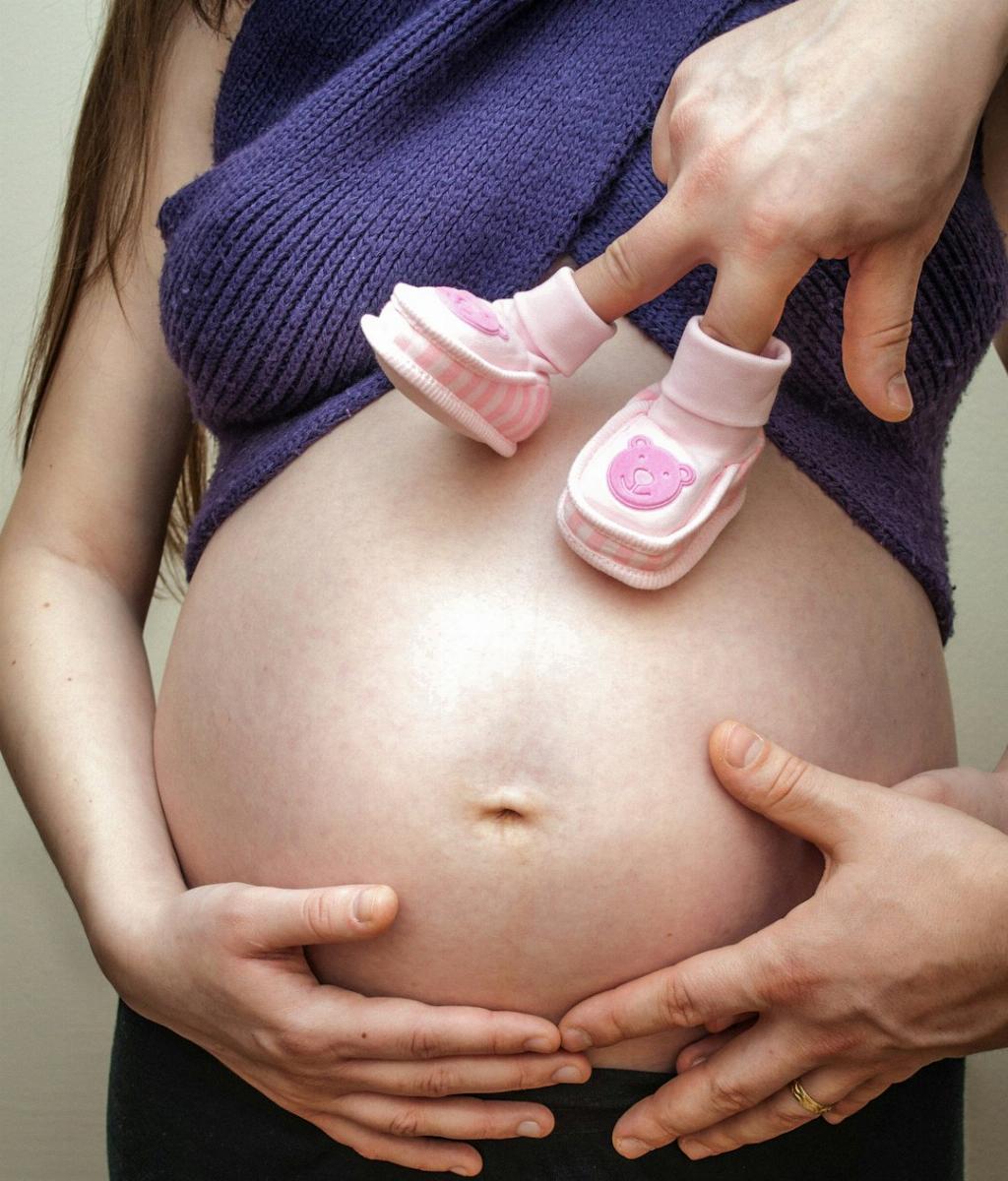Experiencing a miscarriage can be an emotional and physically taxing event. If you’re wondering about the possibility of being pregnant after a miscarriage, it’s important to consider the timing of ovulation. Ovulation can occur as early as two weeks after a miscarriage, which means that conception could happen swiftly.
Early Signs of Pregnancy
Knowing if you’re pregnant after a miscarriage involves being aware of your body and any early signs of pregnancy. These signs can vary from person to person but may include missed periods, breast tenderness, fatigue, nausea, and increased urination. Paying attention to these symptoms can give you an indication of a possible pregnancy.
Tracking Your Menstrual Cycle
Monitoring your menstrual cycle can also provide insights into potential pregnancy post-miscarriage. If your menstrual cycle returns to its regular pattern or if you notice any irregularities, it may be a sign that you have conceived again.
Utilizing Pregnancy Tests
One of the most definitive ways to determine if you’re pregnant after a miscarriage is by taking a home pregnancy test. These tests detect the presence of human chorionic gonadotropin (hCG) in your urine, a hormone produced during pregnancy. If the test results are positive, it’s likely that you have conceived again.
Consulting with a Healthcare Provider
If you suspect that you may be pregnant after a miscarriage, it’s advisable to consult with a healthcare provider. They can conduct a blood test to measure hCG levels, perform an ultrasound to visualize the uterus, and provide support and guidance throughout your pregnancy journey.
Emotional Considerations
Dealing with the possibility of being pregnant after a miscarriage can evoke a range of emotions. It’s essential to acknowledge and address these feelings, whether it’s excitement, anxiety, or a mix of both. Seeking support from loved ones or a therapist can help you navigate this emotional rollercoaster.
Cautious Optimism
Approaching a potential pregnancy after a miscarriage with cautious optimism is understandable. While the desire to conceive again may be strong, it’s important to be mindful of the uncertainties that come with early pregnancy. Take each day as it comes and prioritize self-care.
Managing Stress
Stress can impact both your physical and emotional well-being, especially during a delicate time like early pregnancy after a miscarriage. Finding healthy ways to manage stress, such as practicing mindfulness, engaging in gentle exercise, or seeking professional counseling, can be beneficial.
Planning for Pregnancy
If you discover that you’re pregnant after a miscarriage, it may be helpful to revisit your plans for pregnancy. Consider discussing any concerns or questions with your healthcare provider, reviewing your prenatal care options, and mapping out a supportive pregnancy journey.
Support Systems
Building a strong support system during your pregnancy journey is crucial. Whether it’s leaning on your partner, confiding in close friends, or joining a support group for individuals who have experienced pregnancy loss, having a network of understanding individuals can provide comfort and guidance.
Monitoring Your Health
Throughout your pregnancy after a miscarriage, it’s essential to prioritize your health and well-being. Attending regular prenatal appointments, following your healthcare provider’s recommendations, maintaining a balanced diet, staying hydrated, and getting adequate rest are all integral to a healthy pregnancy.
Celebrating Each Milestone
As you progress through your pregnancy after a miscarriage, celebrate each milestone, whether it’s hearing your baby’s heartbeat for the first time, feeling their first movements, or reaching the third trimester. Embrace these moments of joy and gratitude as you navigate this unique pregnancy experience.

